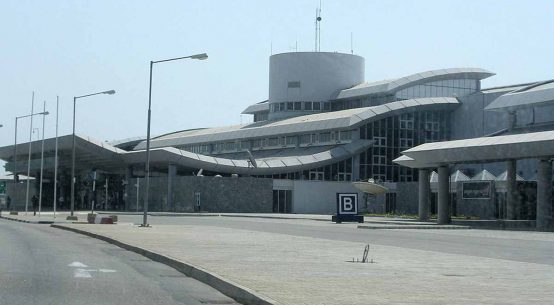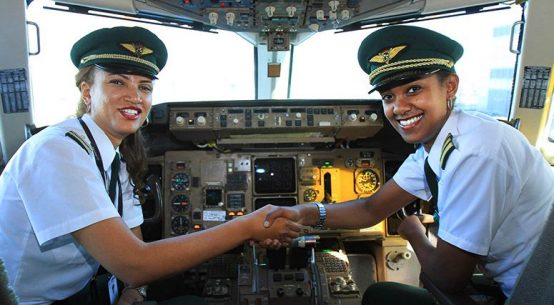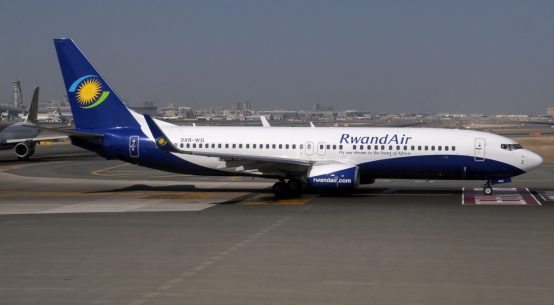
Dr. Simon Emeje
Lagos – In an interview with The Guardian Nigeria, Dr. Simon Emeje, who is Chairman Courier and Logistics Management Institute, which offers training on the courier, logistics, transport, and management spoke on the programmes and activities of the institute and other related issues. Excerpts:
What is the institute about and what is its essence?
The institute is an organization designed by professionals to offer training for award of higher diploma and degree certificates in four key areas, which include courier, logistics, transport and management.
The field of courier and logistics is relatively virgin globally, on the other hand, the business of courier and logistic has taken a global dimension and has become critical in national development. Therefore, there is need to promote professionalism in courier and logistics services, which has been our inspiration to establish the institution to address the gaps between professionalism and services in the courier and logistics sphere. So we want to look at the dearth of literature in the professional practices of courier and logistics.
The vision is to be the best professional institute for courier, logistics and transport in Africa and one of the best in the world. While our mission is to be an efficient institute that will train and build highly qualitative courier logistics, transport entrepreneurs and students.
How do you run the training programmes?
There are three core professional programmes, which are organized and handled by the Institute for the award of professional certificates in courier, logistics, transport and management.
We have courier enterprise; this has a minimum of nine courses modules, which focus on courier entrepreneurship, courier management, courier and supply chain, including courier and environment.
We also have logistics; this programme has a minimum of nine courses modules focused on logistics management, logistics and supply chain, logistics and environment, including logistics operations.
The last one is transport management; it has a minimum of nine courses modules for the award of a professional certificate in transport management. The modules focus on transport operation, transport and logistics, transport and supply chain, including transport and environment.
We have graduate and student members. We have associate members, this category includes graduates of the institute who have passed the professional programme. It also includes graduates from universities and other higher institutions who studied courier, logistics transport and related fields, who have acquired a minimum work experience of one year in the field.
There is also corporate membership; this is for any organization in the relevant field of courier, logistics and transport not less than five years of industrial experience.
Even in the universities, there are only logistics and transport courses, but this institute is combing courier and logistics, together with transport and management. If you search all over the world you will never see any university combining these four pillars. In the quest to find solutions to these problems, professionals and intellectuals who have experience in the sector put the institution together to bridge the gaps.
Logistics has to do with the movement of goods and services and storage of items including distributions. Courier is a time sensitivity, which has to do with the movement of one item from one place to another. While transportation has to do with conveyance; of an item from one place to another, either by the leg, motorcycle or vehicle. Management has to come to organize, direct, handle, and control. These are training we offer and they are things that every human being undertakes on the daily basis.
How affordable is the training programme?
The training is very affordable, we have taken the survey of other universities and we tried to reduce the cost of the programme to ensure that common man can also participate in the training. We encourage Nigerians to come in and acquire certificates either in degree or diploma levels.
What are the challenges in the courier and logistics?
Our major challenge is lack of electricity; we spend a lot of money in buying fuel and diesel. If the government can provide steady electricity it will go a long way in improving our training and Nigeria at large. Again Nigerian roads are bad and it is difficult to make progress in courier, logistics and transport businesses when the roads are bad. We also have communication problems. Telecommunication operators need to improve in terms quality services. In several occasions, we find it difficult to communicate with our members because of network failure.








